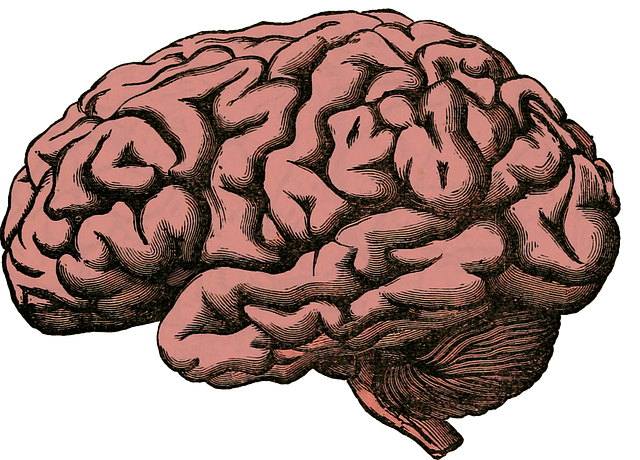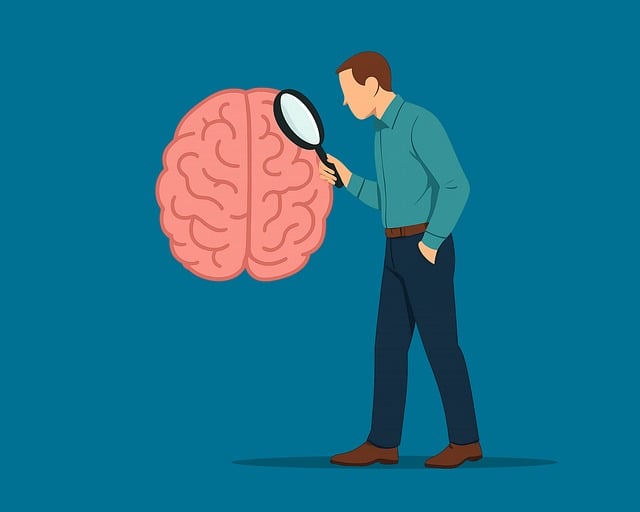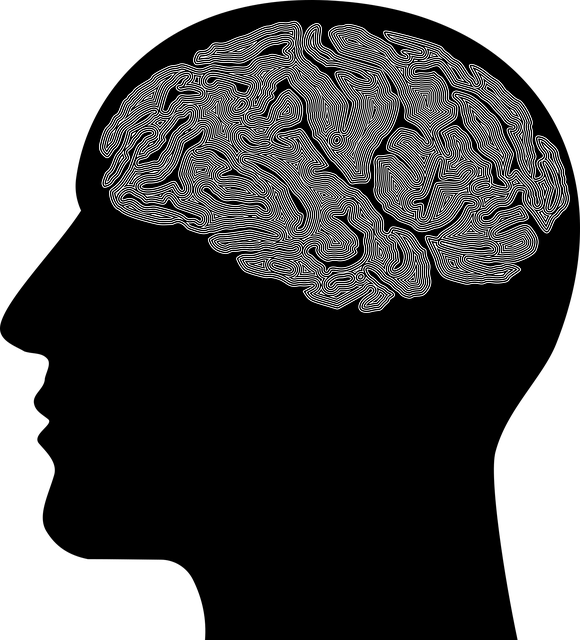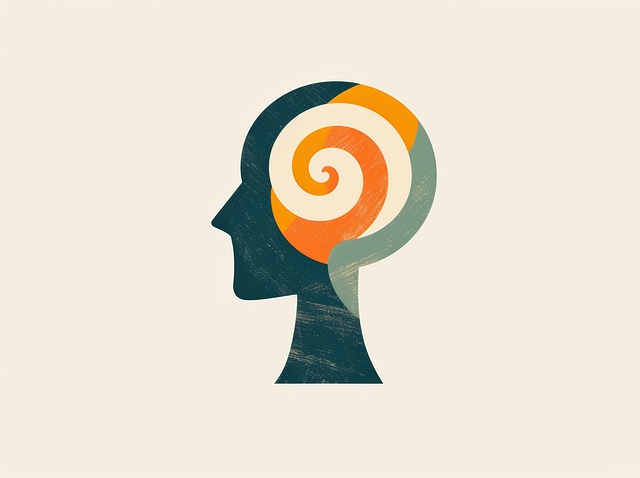Castle Rock Cognitive Processing Therapy (CRCPT) is an evidence-based technique integrated into holistic mental wellness coaching programs, targeting negative thought patterns and stress reduction. Cultural sensitivity ensures inclusive practices, while tailored stress reduction methods foster a supportive environment. CRCPT combines with traditional coaching to create comprehensive programs addressing cognitive, practical, and social skills for effective mental health management. Strategic design, ongoing evaluation, and client feedback are crucial for personalized sessions that improve self-esteem, mood, communication, and overall well-being.
Mental wellness coaching programs are gaining prominence as powerful tools for promoting individual growth. This article delves into the development of such programs, focusing on strategies that foster effective mental health support. We explore foundational concepts, including understanding mental health and coaching dynamics, and delve into innovative approaches like Castle Rock Cognitive Processing Therapy (CRCPT). By examining key components, implementation best practices, and continuous improvement, this guide offers a comprehensive framework for creating impactful mental wellness coaching initiatives.
- Understanding Mental Health and Coaching: Setting the Stage for Effective Programs
- Integrating Castle Rock Cognitive Processing Therapy (CRCPT): A Unique Approach
- Designing a Comprehensive Coaching Framework: Key Components and Strategies
- Implementation, Evaluation, and Continuous Improvement in Mental Wellness Coaching
Understanding Mental Health and Coaching: Setting the Stage for Effective Programs

Understanding mental health is paramount when developing effective coaching programs. Mental wellness coaching combines elements of counseling and guidance to support individuals in managing their emotional well-being, particularly focusing on issues like stress, anxiety, or trauma. By integrating evidence-based practices such as Castle Rock Cognitive Processing Therapy (CRCPT), coaches can help clients challenge negative thought patterns and develop healthier coping mechanisms. This holistic approach not only enhances mental health awareness but also empowers individuals to lead more fulfilling lives.
Cultural sensitivity in mental healthcare practice is another critical aspect that must be considered. Recognizing the diversity of experiences and beliefs among clients ensures that coaching programs are inclusive and effective for all. Incorporating stress reduction methods, tailored to individual needs, can significantly contribute to the overall success of these programs. By addressing both mental health awareness and cultural sensitivity, coaches create a supportive environment where clients feel understood and motivated to embark on their journey towards improved well-being.
Integrating Castle Rock Cognitive Processing Therapy (CRCPT): A Unique Approach

The integration of Castle Rock Cognitive Processing Therapy (CRCPT) offers a distinctive and effective approach within mental wellness coaching programs. CRCPT focuses on identifying and modifying negative thought patterns, providing clients with tools to challenge and reframe distorted cognitions. This therapy is particularly beneficial for individuals struggling with stress, anxiety, or past traumatic experiences, as it empowers them to gain control over their thoughts and emotions.
By combining CRCPT with traditional coaching methods, professionals can create comprehensive programs. These programs can target not only the cognitive aspects of mental health but also practical skills for stress reduction methods and social skills training. The result is a holistic approach that equips individuals with both theoretical knowledge and practical tools to navigate their mental wellness journeys effectively.
Designing a Comprehensive Coaching Framework: Key Components and Strategies

In developing a comprehensive mental wellness coaching program, one must consider a multi-faceted approach that addresses various aspects of an individual’s well-being. A robust framework should incorporate elements like Castle Rock Cognitive Processing Therapy (CRCPT), tailored to help clients identify and change negative thought patterns. CRCPT, with its focus on challenging and restructuring cognitions, empowers individuals to manage their mental health proactively.
Beyond therapy techniques, the coaching program should emphasize Cultural Sensitivity in Mental Healthcare Practice, ensuring that interventions are inclusive and respectful of diverse backgrounds. Additionally, addressing Burnout Prevention Strategies for Healthcare Providers is vital to maintaining a healthy support system. Incorporating strategies to reduce Mental Illness Stigma Reduction Efforts can create a safe space for individuals seeking help, fostering open conversations and better outcomes.
Implementation, Evaluation, and Continuous Improvement in Mental Wellness Coaching

Implementing a mental wellness coaching program requires careful strategy and ongoing evaluation for optimal effectiveness. The initial phase involves designing sessions tailored to individual needs, integrating evidence-based techniques like Castle Rock Cognitive Processing Therapy to address specific mental health concerns. Regular assessments are crucial to gauge progress, identify areas of improvement, and make necessary adjustments to the coaching approach.
Evaluation should encompass various aspects such as Self-Esteem Improvement, Mood Management, and Communication Strategies. Feedback from clients plays a pivotal role in this process, offering insights into the program’s impact and guiding future enhancements. By fostering an environment of continuous learning and adaptation, mental wellness coaches can ensure their programs remain dynamic and responsive to the evolving needs of individuals seeking support.
The development of mental wellness coaching programs has evolved significantly, driven by a growing recognition of the importance of holistic well-being. Integrating innovative therapies like Castle Rock Cognitive Processing Therapy (CRCPT) offers a unique and effective approach to coaching. By designing comprehensive frameworks that include key components and strategies outlined in this article, mental health professionals can create impactful programs that not only address symptoms but also foster lasting positive change. Continuous evaluation and improvement are essential to ensure these programs remain dynamic and responsive to the diverse needs of individuals seeking support for their mental wellness.














